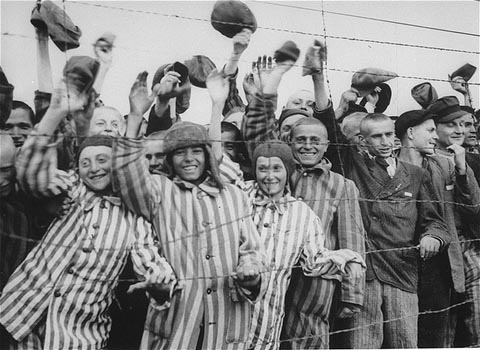The Boy in the Burning House by Tim Wynne-Jones
The message that the author conveyed throughout the book is to understand and accept people before actually judging someone. The author displays two characters in particular that are treated differently, because of their reputation and looks. As the readers get to know them more, we can see that those characters are not how they really seem. This helps show how we should judge people by the actions they do, what people say about them, or how they look, especially if we don't know them personally. The could be going through a tough time that caused them into bad situations. They could also have a dark past, but act friendly and nice. Sometimes we can tell whether someone is friendly or not by their looks, but in this book that is not always the case.
The first character that is misjudged is Ruth Rose. Throughout the book Ruth Rose is actually very helpful to Jim Hawkins, by helping him solve the mystery on who killed his father. As you get farther in the book we can see that Ruth Rose has become Jim's closest friend even at a difficult time. If it weren't for her being in Jim's life, Jim would have not known who killed his father so soon. Ruth Rose has mental problems such as hearing voices in her head, but Father Fisher exaggerates on that. He says that she is crazy, and a bad kid who is difficult to handle. Enough of his rumors about his own step daughter makes people really believe it. When Father Fisher is talking about Ruth to Jim, Fisher says, "'Young Ruth Rose has had a hard time of it. The death of her father has resulted in some severe psychotic episodes.'" This then made Jim believe that she was crazy, and would not want to listen to her in the begining of the book, because he felt like she was lying. After this when Ruth started to talk to Jim he says, "It was obvious that she was crazy. Jim shook his head in disbelief and turned to go." This shows that even Jim couldn't believe her, because of the rumors he had heard about her. People can't trust her, because they know she is never up to good business, when that is not true. She has a sad past which is part of the reason why she has troubles.
The second character who was overlooked by his true self was Father Fisher. Father Fisher is the priest to the church in Jim's community. He is seen as a friendly, kind, helpful person. People trust him since he is a priest, and he seems very nice. In the beginning of the book I wondered why Ruth Rose hated his so much. In the begining of the book he is seen as a helpful, trustworthy, smart, friendly man. In the end we see his true identity and the horrible things he has done. Many people just asummed he was a nice man from his smile, and the fact that he was priest. As a reader gets father in the book they can see how their first view point of Father Fisher has changed dramatically compared to how they see him at the end of the book. At the end of the book he is not the person anyone would have guessed him to be if they didn't know him personally. He actually turned out to be secretly an evil man who has caused harm and even deaths to people. He was also found to be part of the murder of Jim's father. This again shows how we really can't judge a person by how they look, because they aren't always as they seem.







